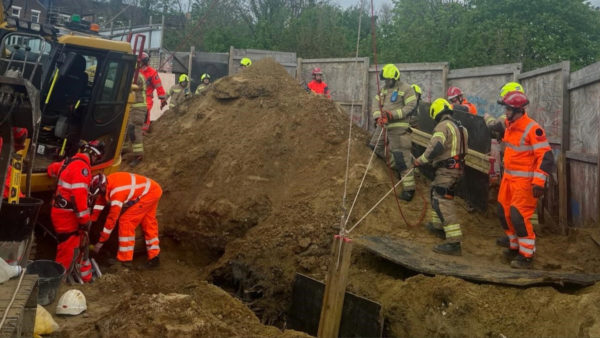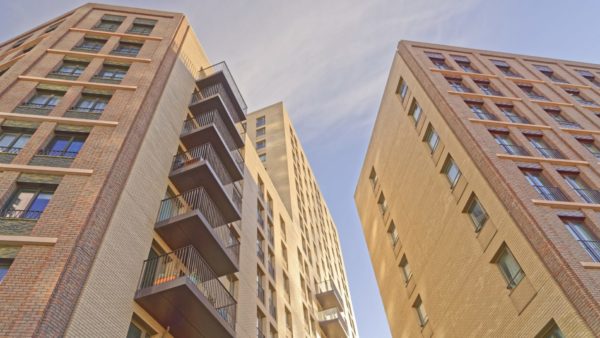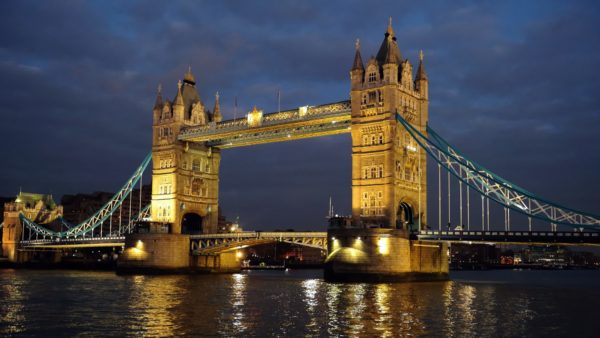Changes brought by the pandemic should transform how the sector thinks and acts, says Andy Stamps
The recent government announcement of a £4bn ‘green industrial revolution’ should be a rallying call for change to the whole built environment sector.
With the banning of petrol or diesel vehicles after 2030, and investment in eco fuels, we need to consider travel alternatives. Many of us have cut down on flights for business and pleasure and switched to electric or hybrid cars. But we need to reduce individual travel and its higher environmental impact compared to public transportation systems, which also promote more inclusive communities.
At RLB, we are talking to local authority clients about autonomous public transport systems, that could cut operating costs by 40%. We are helping Dudley and Coventry councils develop ‘very light rail’: cheaper, less intrusive volume transportation to link semi-rural and suburban areas with cities.
How will these transportation systems be powered? Looking beyond electric and battery operations, business secretary Alok Sharma is encouraging hydrogen production. Modular nuclear reactors are also part of the government’s plan. We will need different energy solutions for different regions, so where solar might work in certain areas and wind in others, it may be a combination of energies that power us into the future.
As individuals we have changed our home lives considerably over the last two decades, with adoption of low-impact energy such as solar panels, LED lights, ground and air source heat pumps, rain harvesting and wind turbines. However, there is still a way to go and it would help if the government’s investment made environmentally efficient homes the cheapest to buy, thinking about long-term value rather than short-term cost.
Last year taught us we can be agile in our work. Where we previously believed we needed to be in an office, the pandemic showed us for many roles this isn’t the case. The change to combining office with working remotely will cut down on transportation and energy usage, with implications for the infrastructure society needs.
Against this backdrop, it is vital the built environment industry invests government spending in the right technologies, and importantly, is open to change in the way it thinks and acts. Hopefully, this will lead to a greener and cleaner infrastructure for the future.
Andy Stamps is a partner and head of infrastructure at RLB
Image: Dreamstime
Comments
Comments are closed.










Dream on – just a Government absurd fantasy to curry favour with the greens.
Internal combustion will be around for years. mass public transport will never replace private personal transport which people need to be able to travel to wherever they want ON DEMAND! God forbid we are reduced to inefficient and uncomfortable, dirty and in places dangerous mass public transport.
Electric cars are a fantasy – and NO ONE ever stops to consider the scarce and FINITE resources needed for batteries that are inefficient and very costly (both in terms of replacement and disposal) dug out of the ground by very poorly paid (bordering on slavery) child labour in 3rd world countries. Sanctimonious hypocrisy and fantasy at its best!
Not everyone lives in a 3 bed detached with a driveway: in some deprived and run down areas your copper charging cables will be GONE in the morning! How do you tackle vandalism of charging points in the streets.
The green dreamers and politicians need to look a bit further than Watford gap!
As for holiday and pleasure travel – what is your problem?! Stop forcing this sick agenda!
NONE of these comments about travel reduction are ever aimed at the so called “celebrities” who preach to the masses before jetting off or sailing away on their superyachts!
Come back to reality – QUICKLY!
“As individuals we have changed our home lives considerably over the last two decades, with adoption of low-impact energy such as solar panels, LED lights, ground and air source heat pumps, rain harvesting and wind turbines.
However, there is still a way to go and it would help if the government’s investment made environmentally efficient homes the cheapest to buy, thinking about long-term value rather than short-term cost.”
Seriously – ALL of these are MORE expensive and inefficient that what we normally use! We have used LED lights because some bright spark (no pun intended) decided incandescent bulbs were somehow inefficient and banned them!
No coincidence that the new bulbs are way more expensive is it – oh and harder to dispose of!
Wind power is subsidised, otherwise it would be extortionate! AFIK these turbines have a 20 -25 year life span – and they can only operate in certain conditions.. great idea – NOT!
Now we have new technologies coming in that are forcing house prices UP while builders play games with carbon credits and number crucnhing for pretendy “zero carbon houses”..in effect they shift the “problem” elsewhere!!
A well meant article that sounds so very like a Green party broadcast! No offence.